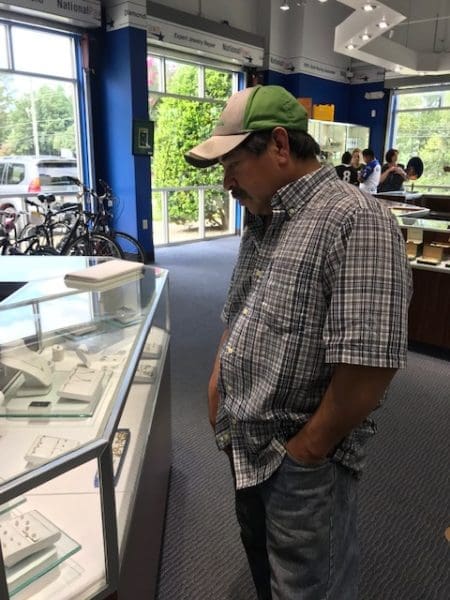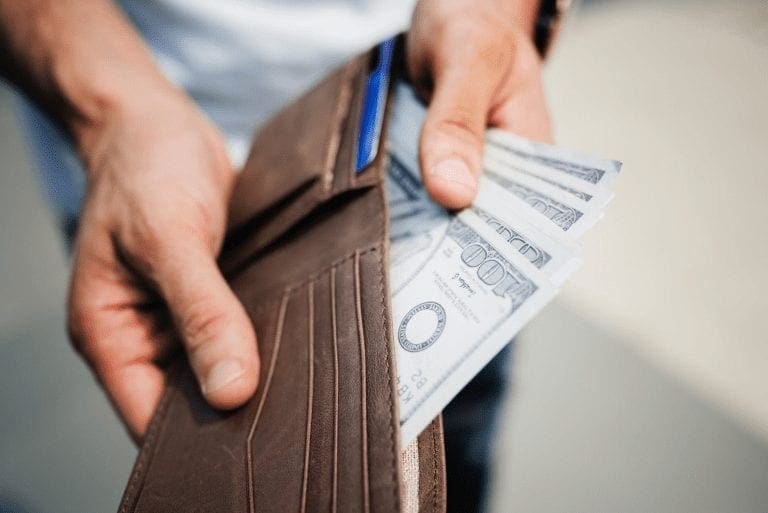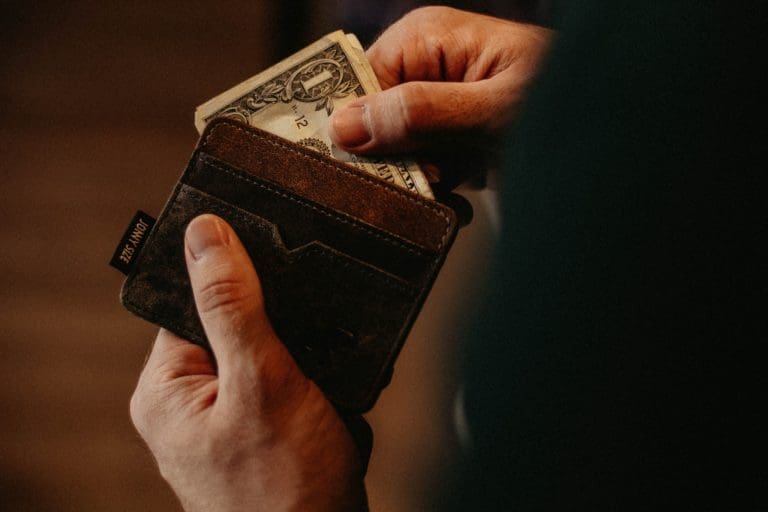A First-Timer’s Primer on Pawn Shops

There’s a sinking sensation that comes with a sudden pressing need for money. This feeling is further fueled by not knowing where the funds will come from. If you’re in a corner, you have several available solutions, but a pawnbroker may be your best bet for fast cash. So keep reading to learn more about how pawn shops work.
How Does It Work?
Pawnbroking is an ancient profession. Whether visiting a pawn shop in San Diego or Sydney, the standard business model is the same. You, the customer, need a quick cash loan. Unlike your bank, where you have a history, a pawnbroker doesn’t know you, so there must be some guarantee that you’ll pay back the loan. To solve this problem, you bring in your household items or other property to pledge as security. The pawn agent judges the worth of the collateral, and you leave the store with some cash in hand. You also get a ticket to redeem your pledge after you’ve paid off your loan.
Meanwhile, the pawnbroker securely stores your valuables for your return. If you need an extension on your loan, you can pay off the interest and your things stay in storage. If you don’t repay your loan on time, pawnbrokers are entitled to sell your stuff to get their money back.
What Can Be Pawned?
Different pawnbrokers set their own policies on what items they’re willing to deal with. Generally speaking, pawn shops only want items with some resale value. Common pledges include jewels, firearms, tools, instruments, home appliances and electronics. As part of the evaluation process, pawn agents will test items’ quality, such as the purity of jewelry and functionality of other goods.
Who Benefits From Pawning?
As in any business, some customers would be better served by pawnbrokers than others. Ideal pawn shop clients are people who, despite their lack of funds, own big-ticket items they can trade. For the person who needs cash ASAP, if their goods check out, pawnbrokers will strike a bargain on the spot and with a minimum of paperwork.
Pawn shops should be considered especially for those whose credit is less than the best, as no part of a pawnbroker’s transaction relies on credit reports. Pawnbrokers don’t bother. By giving them physical collateral, if you’re forced to default on your loan, they already have the means to make back their money by reselling your former property.
Is It Safe?
While all loan options have inherent risks, pawn shops are safer than either conventional payday loans or auto title loans. Pawnbrokers’ generally lower interest rates and longer repayment periods give borrowers a better chance to reclaim their items outright. Pawn shops have historically had a seedy reputation, but with tighter regulations and the popularity of “Pawn Stars” and similar shows, perceptions are changing.
Having your loan tied to personal property instead of a paycheck has its advantages. Since your loan amount is linked directly to the value of your collateral, you’re less likely to be offered terms you cannot reasonably repay. If, for some reason, you still can’t pay, you may lose your collateral, but that’s the legal extent of a pawnbroker’s power.
Pawnbrokers provide money to those who need it most. When you wind up in a tight spot, it pays to find a pawn shop.
Similar Posts:
- None Found









